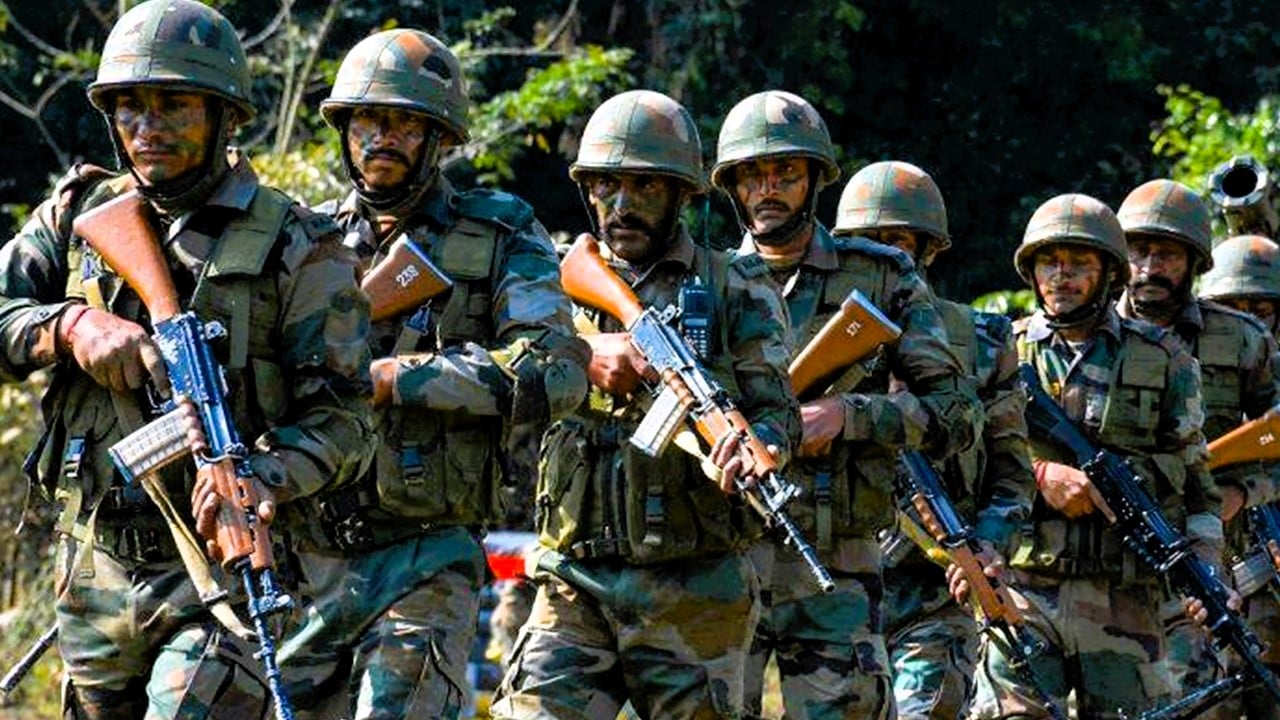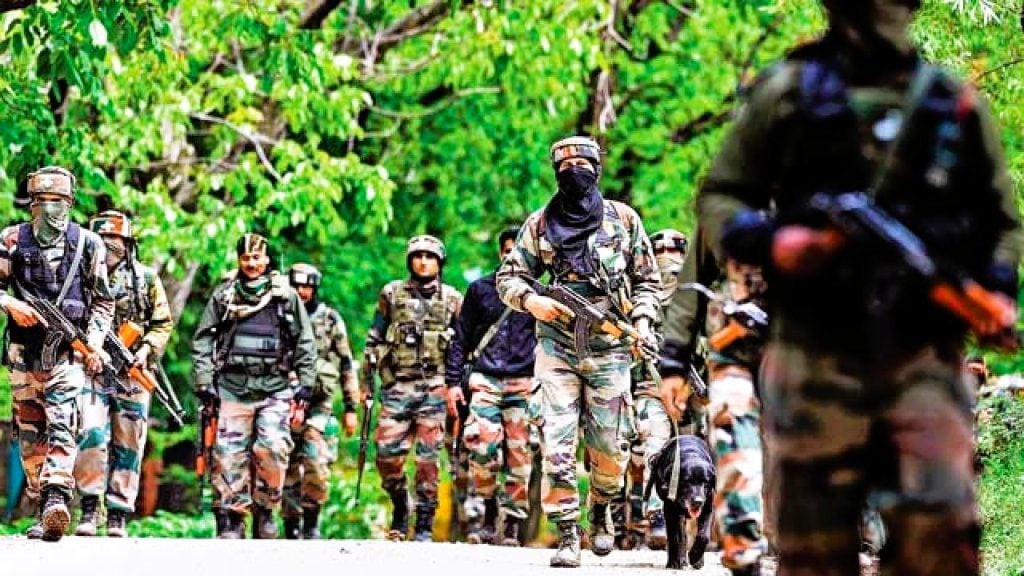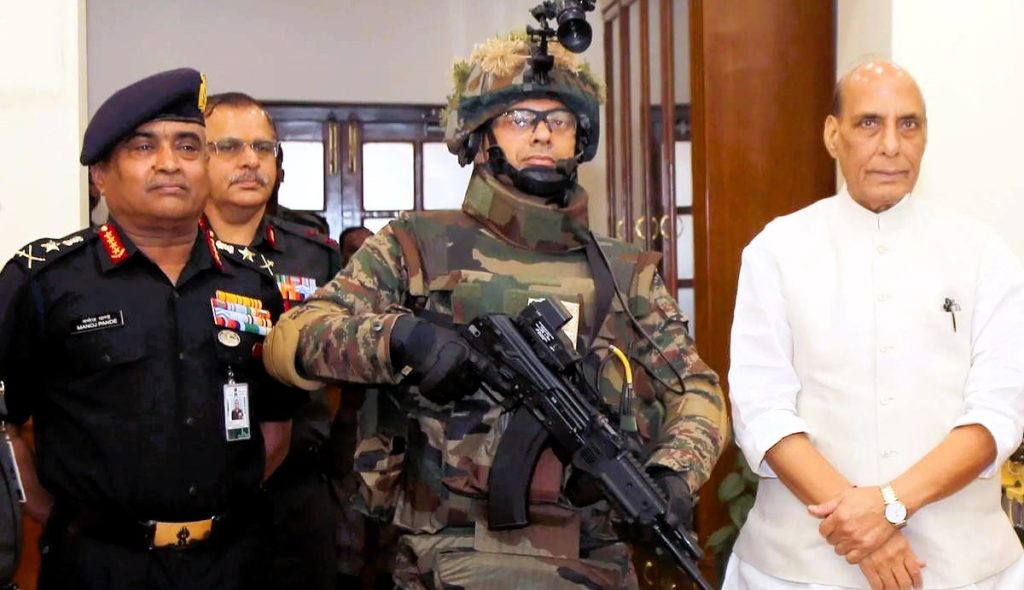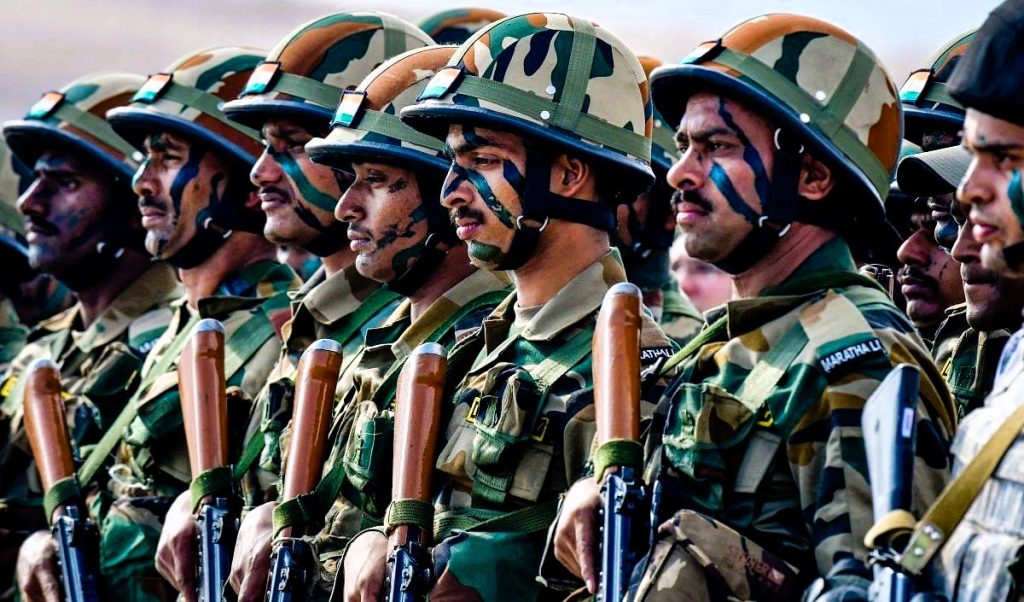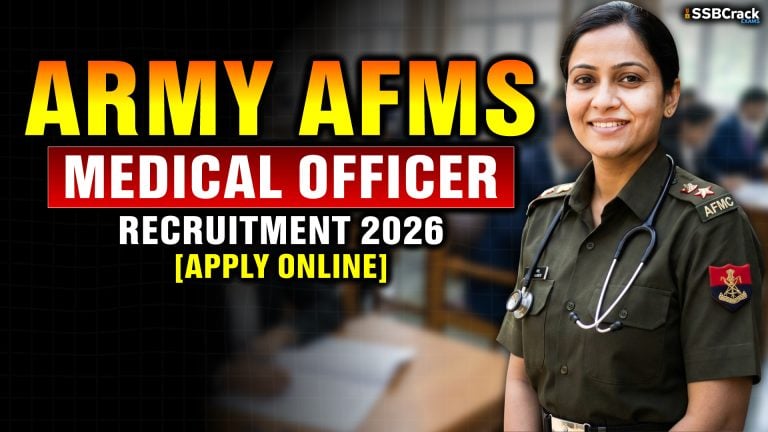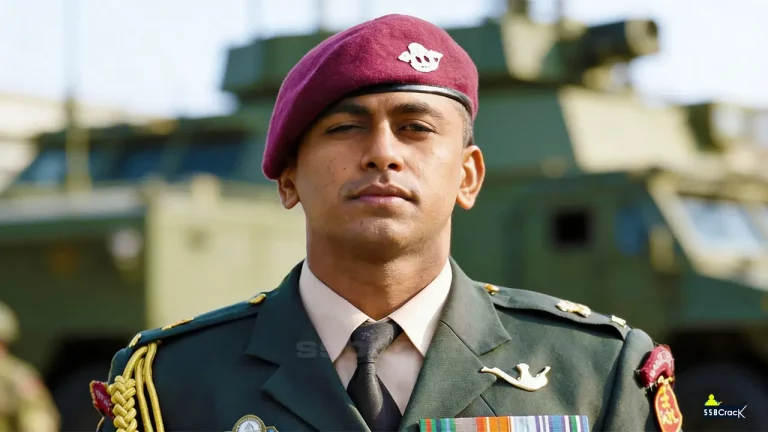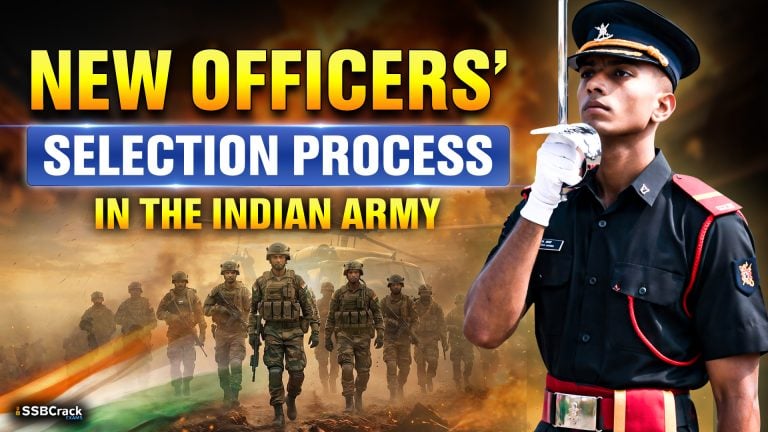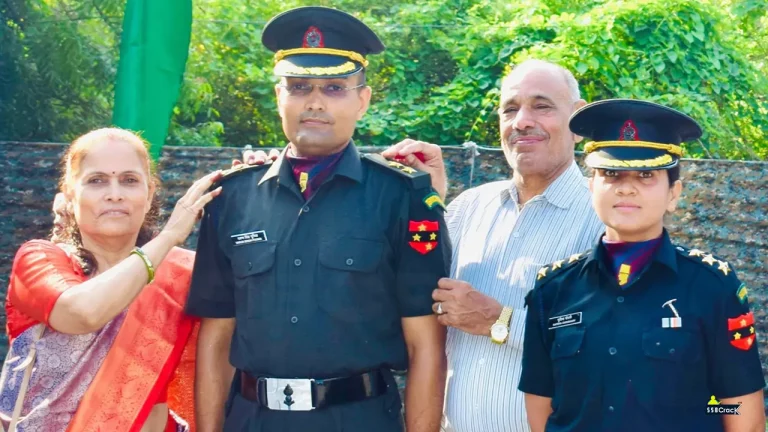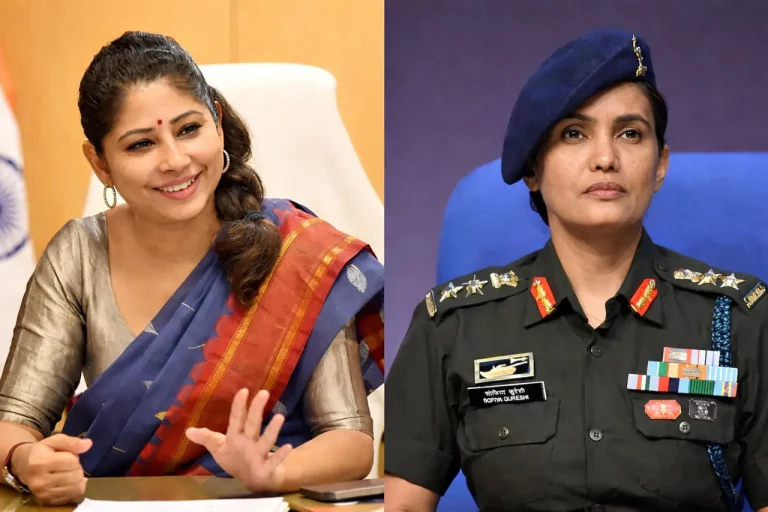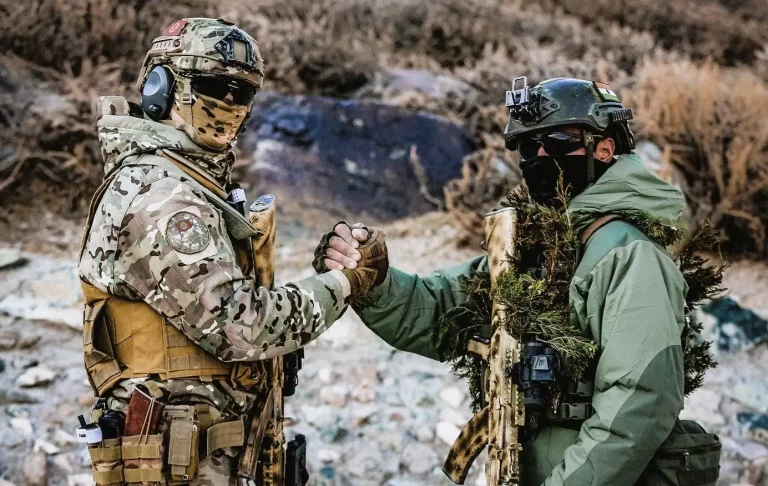Paramilitary forces play a pivotal role in ensuring national security, managing border controls, and providing disaster relief. These forces offer a diverse range of career opportunities for individuals seeking to serve their country in various capacities. This comprehensive article explores the different career paths within paramilitary forces, outlining roles, requirements, and the benefits associated with each level of service.
Introduction to Paramilitary Forces
Paramilitary forces in India encompass several prominent organizations such as the Central Reserve Police Force (CRPF), Border Security Force (BSF), Indo-Tibetan Border Police (ITBP), Central Industrial Security Force (CISF), Sashastra Seema Bal (SSB), and the National Security Guard (NSG). Each force operates under specific mandates, contributing uniquely to national security and public welfare.
Entry-Level Posts
Entry-level positions in paramilitary forces serve as foundational roles involving operational duties and support tasks. These positions are crucial for maintaining law and order, patrolling sensitive areas, and providing assistance during emergencies. The primary entry-level posts include:
Constable
Role: Basic operational duties, patrolling, maintaining law and order, and assisting in various missions.
Requirements: Minimum educational qualification of matriculation (10th pass), physical fitness, and age between 18-23 years.
Selection Process: Written exam, physical fitness test, and medical examination.
Tradesman
Role: Support roles such as cook, barber, washerman, and sweeper within paramilitary units.
Requirements: Specific trade qualifications and adherence to physical standards.
Selection Process: Trade test, physical efficiency test, and medical examination.
Mid-Level Posts
Mid-level positions within paramilitary forces involve greater responsibilities in supervision and administration. These roles typically require higher educational qualifications and leadership capabilities to effectively manage teams and operations. Key mid-level posts include:
Sub-Inspector (SI)
Role: Supervisory responsibilities, team leadership, and operational execution.
Requirements: Graduation from a recognized university, physical fitness standards, and age between 20-25 years.
Selection Process: Written exam, physical efficiency test, medical examination, and interview.
Assistant Sub-Inspector (ASI)
Role: Assisting SIs in supervisory duties, handling administrative tasks, and ensuring operational efficiency.
Requirements: Graduation, adherence to physical standards, and age between 20-25 years.
Selection Process: Written exam, physical tests, medical check-ups, and interview.
Indo-Tibetan Border Police to Fill 9000+ Vacancies in 2024
CRPF Paramedical Staff Recruitment 2024: Eligibility, Admit Card, and Detailed Information
Senior-Level Posts
Senior-level positions in paramilitary forces involve strategic planning, high-level supervision, and policy implementation. These roles require extensive experience, exemplary performance, and often involve internal promotions based on merit. Key senior-level positions include:
Inspector
Role: High-level supervision, planning and executing large-scale operations, and administrative duties.
Requirements: Promotion from Sub-Inspector based on experience and performance.
Selection Process: Internal promotions and departmental exams.
Assistant Commandant (AC)
Role: Leading entire units, strategic planning, and coordination of major operations.
Requirements: Graduation, adherence to physical standards, and age between 19-25 years.
Selection Process: UPSC CAPF AC exam, physical efficiency test, medical test, and interview.
Specialized Roles
Paramilitary forces also offer specialized roles that require specific skills and technical expertise. These roles play critical roles in areas such as canine handling, communications management, and medical care:
Dog Handlers
Role: Training and managing service dogs for detection, tracking, and search operations.
Requirements: Completion of specialized training programs and physical fitness.
Selection Process: Specialized training and certification.
Communication Specialists
Role: Managing communication networks to ensure secure and effective communication during operations.
Requirements: Technical qualifications in electronics, telecommunications, or related fields.
Selection Process: Technical exams and physical fitness assessments.
Medical Officers
Role: Providing medical care to personnel, managing emergencies, and maintaining health standards.
Requirements: Medical degree (MBBS) and relevant professional experience.
Selection Process: Medical board exams and interviews.
Training and Development
Paramilitary forces emphasize comprehensive training programs to equip personnel with the necessary skills and knowledge. Training includes basic induction programs, specialized training for specific roles, and leadership development for senior officers. Continuous professional development through workshops and courses ensures readiness for evolving challenges.
Career Progression
Career advancement in paramilitary forces is structured and merit-based, focusing on experience, performance evaluations, and additional qualifications. Promotions are typically awarded through internal assessments and departmental exams, encouraging personnel to pursue higher education and specialized training for further career growth.
Benefits and Rewards
A career in paramilitary forces offers numerous benefits that contribute to a fulfilling professional life:
- Job Security: Stable and secure employment in a respected organization.
- Salary and Perks: Competitive salaries, allowances, housing, medical facilities, and pension benefits.
- Respect and Honor: Prestigious recognition for serving the nation.
- Opportunities for Growth: Clear career progression paths and continuous professional development.
Conclusion
A career in paramilitary forces presents diverse opportunities for individuals seeking a challenging yet rewarding profession in service to the nation. Whether at entry-level positions or in specialized roles, paramilitary forces offer a platform for personal growth, professional development, and the satisfaction of contributing to national security and public welfare. Aspiring candidates can explore various career paths within paramilitary forces based on their interests, qualifications, and commitment to serving the country.
FAQs
1. What are paramilitary forces?
Paramilitary forces are specialized units tasked with maintaining internal security, border control, and disaster relief operations. They include organizations like CRPF, BSF, ITBP, CISF, SSB, and NSG in India.
2. What are the entry-level positions in paramilitary forces?
Entry-level positions include roles like Constable and Tradesman. Constables perform basic operational duties, while Tradesmen handle support roles such as cooking and maintenance within the force.
3. What are the educational requirements for entry-level positions?
For most entry-level roles, a minimum educational qualification of matriculation (10th pass) is required. Specific trades may have additional requirements.
4. What are the mid-level positions in paramilitary forces?
Mid-level positions include Sub-Inspector (SI) and Assistant Sub-Inspector (ASI). SIs supervise teams and operations, while ASIs assist in administrative and operational tasks.
5. What qualifications are needed for mid-level positions?
Mid-level positions typically require a graduation degree from a recognized university, along with physical fitness standards as per force requirements.
